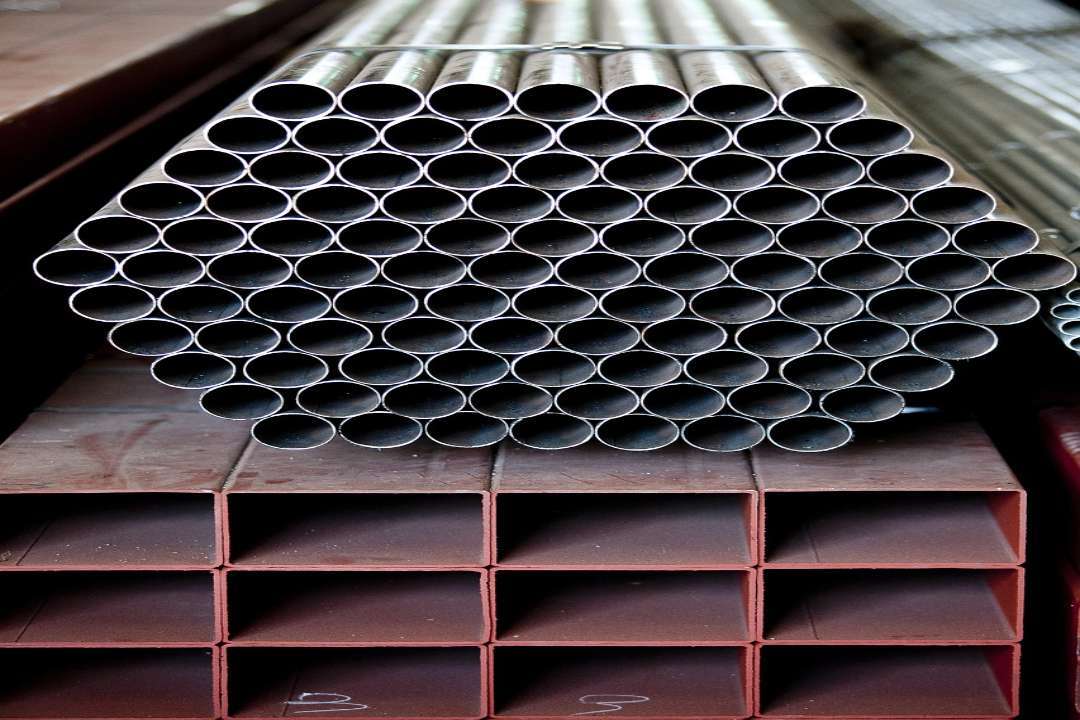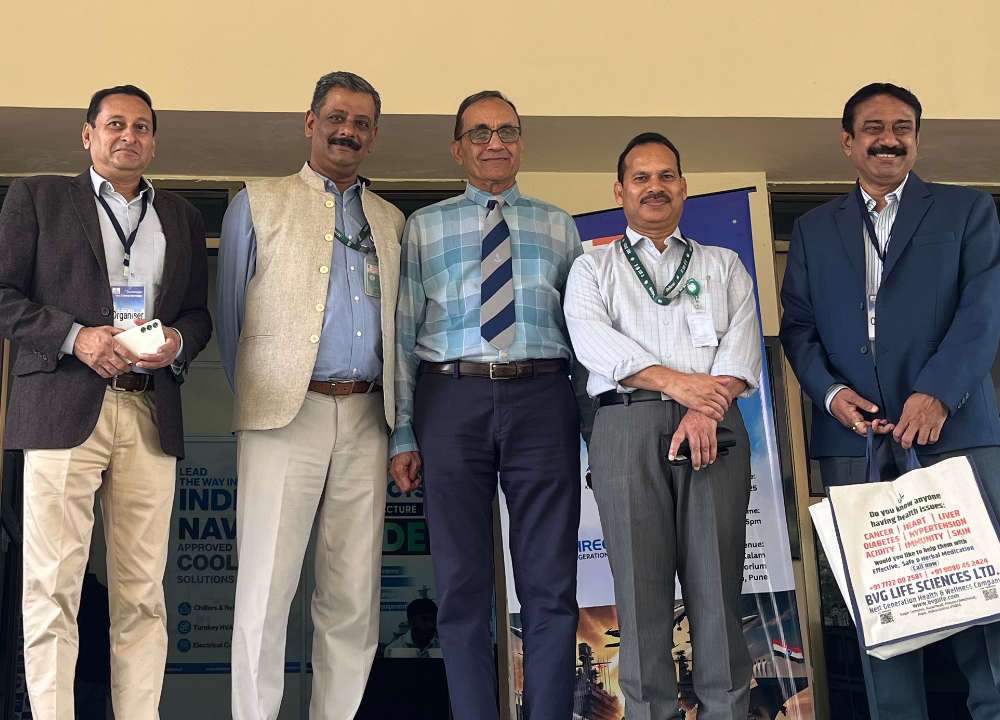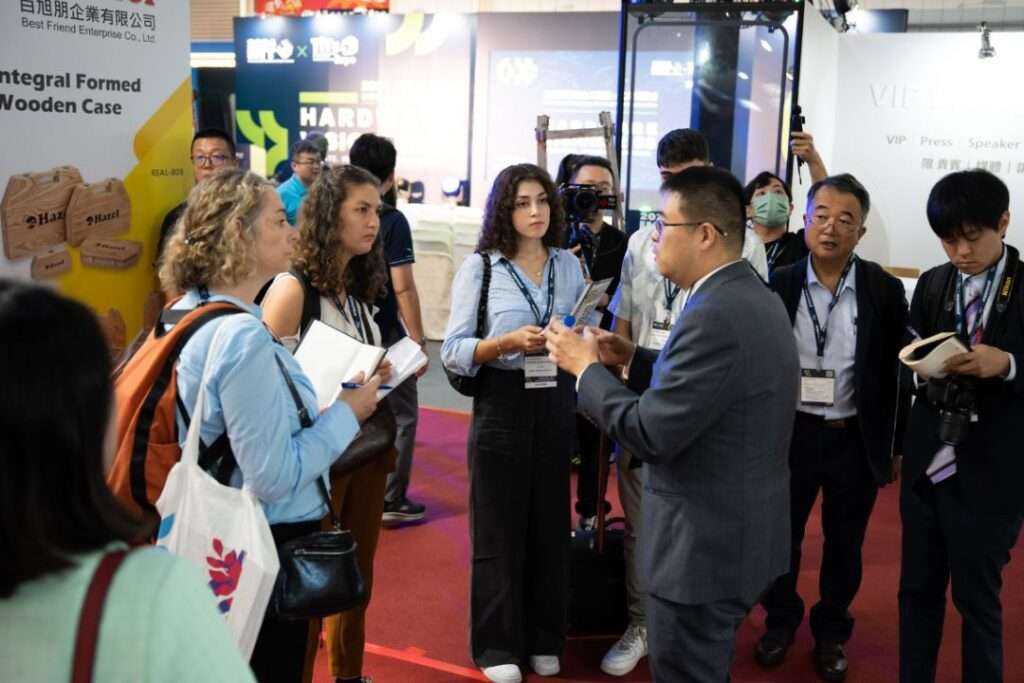The Indian Ministry of Finance has announced an extension of the anti-dumping duties on the import of Chlorinated Polyvinyl Chloride or CPVC originating from China and Korea for an additional five years. This decision comes in response to a comprehensive review conducted by the Directorate General of Trade Remedies (DGTR), which concluded that CPVC products imported from these countries are still being sold at prices lower than the normal market value, thereby continuing to adversely affect the Indian domestic industry.
The imposition of these anti-dumping duties is intended to shield local manufacturers from the detrimental effects caused by the unfair pricing practices of CPVC imports. Specifically, the duties are applied to a range of CPVC products, irrespective of whether they have been processed into compounds or remain in their raw form. The anti-dumping duty is calculated based on a specified rate per metric ton and is to be paid in Indian rupees.
This regulatory measure targets goods that are exported from China and Korea, encompassing all products from these countries irrespective of their actual origin. The primary objective of this extended duty is to protect the domestic industry from potential injury caused by the continued import of CPVC at artificially low prices. The notification outlines the specifics of the duty, including the applicable exchange rates that are to be used for calculating the duty amounts, as well as the relevant dates for determining these rates.
By implementing this duty, the Indian government aims to safeguard local CPVC manufacturers from the adverse effects of dumping, which could otherwise undermine their market position and financial stability. The action reflects a broader strategy to ensure fair competition within the domestic market and to prevent market distortions that could arise from international trade practices that do not align with established pricing norms.
The DGTR’s findings and the subsequent decision by the Ministry of Finance underscore the seriousness with which the Indian government addresses trade practices that negatively impact local industries. This extended anti-dumping duty serves as a protective measure to ensure that Indian manufacturers can compete on a level playing field and continue to thrive in a market where they are not disadvantaged by unfairly priced imports.
Overall, this extended anti-dumping measure is a significant step in preserving the integrity of the domestic market and supporting the long-term viability of the Indian CPVC industry. By addressing the issue of underpriced imports from China and Korea, the Indian government is taking decisive action to protect local businesses and promote fair trade practices.








